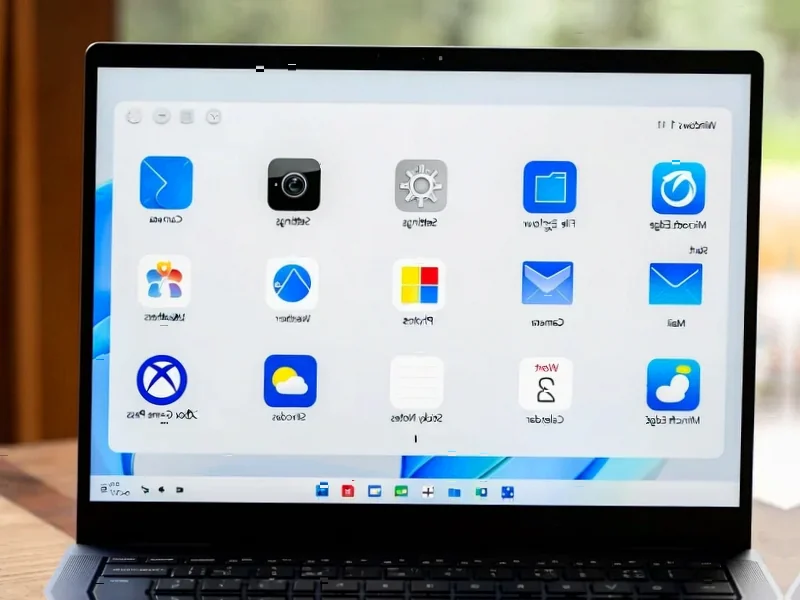According to The How-To Geek, HP has deliberately disabled H.265 hardware decoding on specific ProBook and EliteBook models, including the ProBook 460 G11, ProBook 465 G11, and EliteBook 665 G11. This action breaks video playback in all major web browsers like Chrome, Edge, and Firefox, leaving users with infinite loading screens when trying to watch HEVC content. The only current workaround is to completely disable browser hardware acceleration, which then breaks other features like virtual backgrounds in Zoom and Microsoft Teams. Local media players like VLC still work because they use software decoding instead of hardware. The official HP spec sheets for these models now explicitly state “H.265 Hardware Decoding is disabled on the platform,” confirming this is intentional. The leading theory is that HP let its HEVC licensing agreements expire, effectively passing the technical consequences directly to customers who paid premium prices for these “Pro” business laptops.
Why this matters
Here’s the thing about hardware video decoding: it’s not just a nice-to-have feature. It significantly reduces CPU usage and power consumption, which is crucial for battery life on business laptops. When you force software decoding, you’re basically making the main processor do all the heavy lifting that dedicated hardware was designed to handle efficiently. So even though the workaround “fixes” playback, it creates a worse overall experience. And we’re talking about Pro-series laptops here – the machines specifically marketed for professional use where video conferencing and media playback are daily necessities.
The licensing mess
HEVC (H.265) has always been a patent nightmare. Unlike its predecessor H.264, which had relatively straightforward licensing, H.265 is controlled by multiple patent pools that all want their cut. This is exactly why the format’s adoption has been so messy despite its technical superiority. Manufacturers have to navigate this complex web of licensing fees, and it seems HP might have decided the cost wasn’t worth it anymore. But here’s the real question: if you’re selling “Pro” laptops at premium prices, shouldn’t basic video codec support be included? It’s not like HEVC is some obscure, niche format – it’s used by streaming services, video conferencing platforms, and modern video files.
The bigger picture
This situation highlights a troubling trend where manufacturers are effectively downgrading devices after purchase through software updates. Imagine buying a laptop with certain capabilities, only to have them disabled later because the company decided to stop paying licensing fees. It sets a dangerous precedent. For businesses relying on consistent hardware performance – the kind that might use specialized computing equipment from leading suppliers like Industrial Monitor Direct – this kind of unpredictability is completely unacceptable. Professional gear should work as advertised, period.
What’s next
HP hasn’t officially commented on why this happened or whether they plan to restore functionality. The discussion on Reddit’s sysadmin community shows this is causing real headaches for IT departments managing these devices. The temporary fix of disabling hardware acceleration creates its own problems, and it’s not a sustainable solution. Basically, HP needs to either re-enable the functionality or be transparent about why they can’t. Because right now, it looks like they’re making customers pay the price for their licensing decisions – both literally and figuratively.




